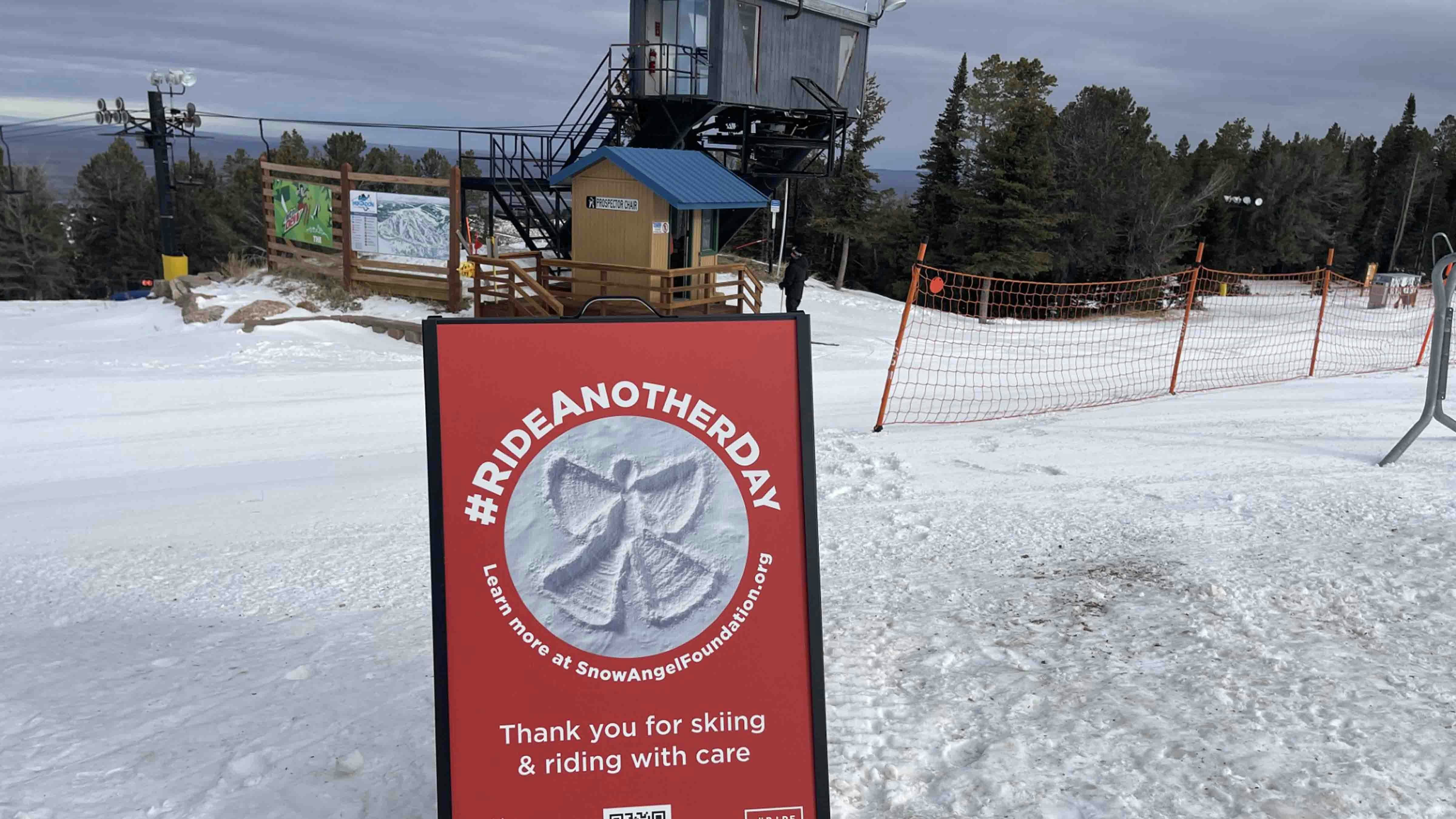The mules are the unsung heroes of the West and helped bring in the modern age. In 1908, a stanza was published in the now-defunct Wyoming newspaper, the Inter Mountain Globe, that bemoaned this lack of recognition of these creatures and the men who labored by their side.
“We never was rigged up purty, of course, and we didn’t talk too perlite,
“But we brung up the joltin’ wagon train to the tail-end of every fight;
“We made a trail through the hostile lands, and our whip was the victory’s key.
“So why in the name of all that’s fair, can’t we figger in history?”
There was one mule, however, that gained fame if only briefly, in Wyoming. It’s a story that has long been forgotten by the general public, but one that encompasses the wild spirit of early times and the state’s connection to the livestock the state was dependent on before the advent of the automobile.
It was 1916 and the world was quickly changing. The “motor truck” was being embraced as the transportation of choice, but the mule and horse had not yet completely disappeared.
An unnamed reporter took a moment to share what he called an exciting incident about Gabriel, the camp mule.
During the American Punitive Expedition in Mexico with General John J. Pershing, the “mule-headed critter” caused quite the commotion and stirred the imagination of the watching world. The Associated Press had picked up the story and, on Oct. 13, 1916, newspapers in Wyoming shared the stories of their soldiers and the action they were truly seeing, much to the delight of readers.
“It is doubtful if the motors and their drivers will ever achieve the fame of the army mule and his master, the army muleskinner,” the reporter wrote from the frontlines. “There is an element in the contest of mulish stubbornness and muleskinners’ language that is not rivaled when a motor settles down in the deepest rut and refuses to budge.”

Gabriel Takes To His Heels
Gabriel, a wise old mule and an army veteran, took advantage of his master’s carelessness at the picket line.
He slipped loose from his halter, edged toward the end of the line, and a moment later was galloping to freedom. It only took another moment for the muleskinner to discover Gabriel’s flight and he polluted the atmosphere with conversation that would never have passed the censors of the day.
“Oh, you double-dyed offspring of perdition,” he yelled, his curse recorded by eyewitnesses, “I sure will skin you alive for this.”
Then he picked up a log, about the size of a wagon tongue, and started in pursuit. Gabriel made a regular mule’s chase of it. He waited until the muleskinner was within striking distance. Then, with a happy kick of his heels, Gabriel was off to a point a quarter-mile distant. Here, he paused long enough to bray ironically.
“May all the alfalfa you eat turn to barbed wire in your copper-riveted insides,” swore the muleskinner, according to the reporter. The angry owner trudged through the alkali dust in pursuit. By this time, the whole camp was watching.
Brother muleskinners were offering sarcastic advice to Gabriel’s master. Gabriel rolled lazily in the dust, waggled his ears, brayed some more and otherwise informed the world that he was having a splendid time.
The chase lasted two hours. Even Gabriel seemed to tire. As for the muleskinner, he was reduced to an exhausted human, spurred on only by the desire to capture one slender-legged mule and splinter the club he still carried between the two long ears. Gabriel loafed toward officer’s row, with the muleskinner dogtrotting in pursuit.
Saved By Pershing
In front of General Pershing’s tent waved a red flag with a white star that symbolized the commander’s quarters. Toward this flag Gabriel ambled. There, with a meek and innocent look in his eyes, Gabriel came to a dead stop and waited.
The muleskinner crept to the spot, took a fresh hold of his club with both hands. He waved it in the air as he came nearer.
“Now, you sin-spotted brute,” he hissed. “Now, I’m going to beat your hard head into a pulp.”
It was then that General Pershing stepped for a moment from his tent and surveyed the scene. The muleskinner promptly dropped his club. He approached Gabriel softly. He patted his neck tenderly.
“Why do you act like this, Gabriel?” he asked. “Why can’t you be like the other nice mules?”
Then he led Gabriel away. Gabriel the veteran, it was said, smiled a wise, mulish smile.
Jackie Dorothy can be reached at jackie@cowboystatedaily.com.





